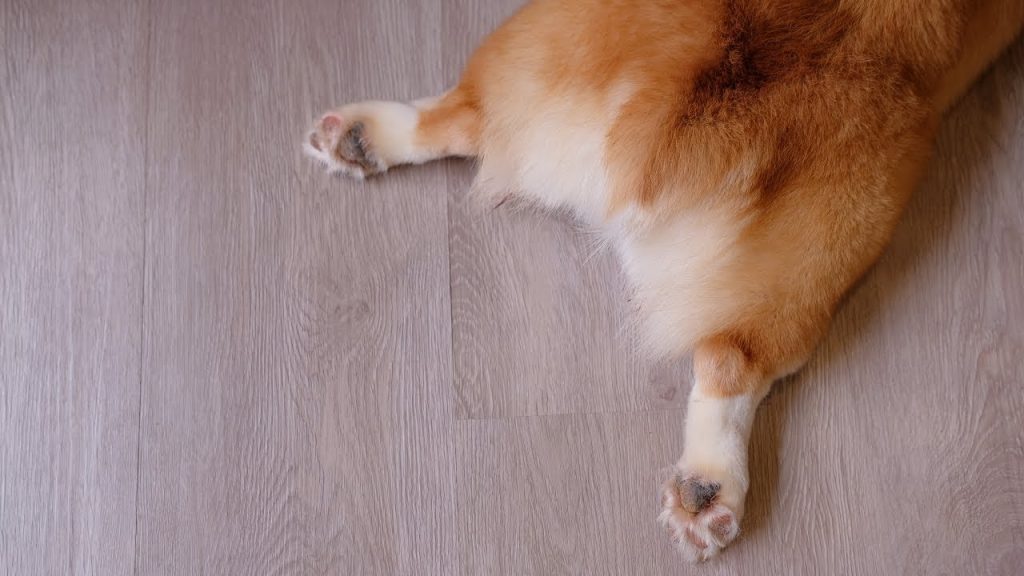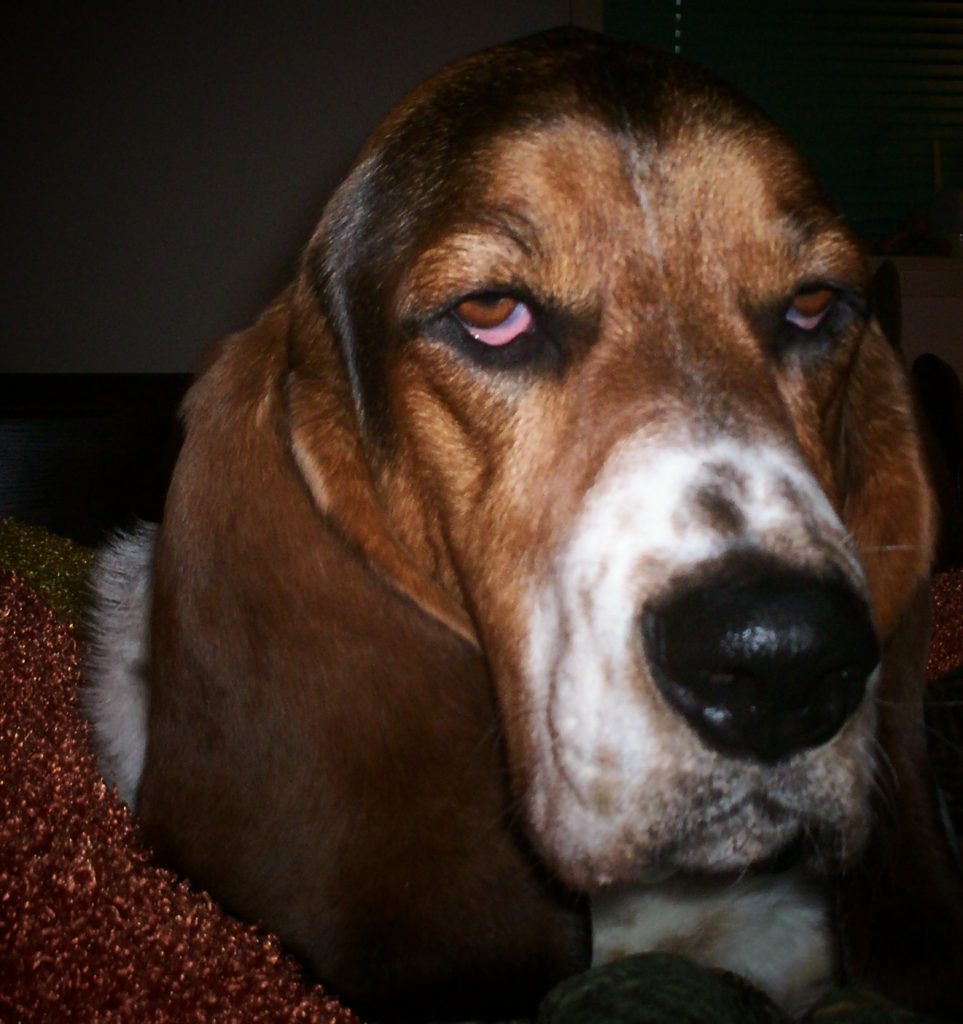The medical word for gas is “flatus” and the condition of passing gas is called “flatulence”. Flatulence (also known as farting, passing wind, passing gas), refers to the passing of intestinal gas through the anus. Dogs tend to have very smelly gas. It is normal for dogs to pass gas in small quantities. An excessive amount of gas is abnormal and your dog should be examined by his veterinarian. Excessive flatulence usually results from intolerance to ingredients in your dog’s diet. What happens is the ingredients pass through the intestinal tract without being absorbed and end up in the large intestine (colon and rectum), where bacteria ferment them to produce gas.
Flatulence more commonly affects dogs that are inactive and spend long periods indoors.
Another cause of gas can occur when your dog eats excessive quantities of food, overwhelming the ability of his gastrointestinal tract to digest the food.
Soybeans, peas, beans, milk products, high-fat diets, and spicy foods are all commonly associated with flatulence in dogs.
Greedy eating results in the ingestion of large quantities of air. Once ingested, air has to be removed from the gastrointestinal tract either by burping or by flatulence. Also when a dog bends over to eat his food, he’ll gulp air as he snatches the food into his mouth.
Have your dog checked for worms
Worms can cause lots of gas along with diarrhea. Although flatulence is usually normal, on occasion it can signify more serious gastrointestinal disease of the small bowel or pancreas. Seek veterinary advice if gaseousness appears to be causing your dog abdominal discomfort, or if the flatulence is associated with vomiting or diarrhea. All of these signs suggest more serious gastrointestinal disease.
Digestive enzymes may help
There are safe products that you can buy to give your dog. Taken before eating or with your dogs meal, digestive enzymes will help the digestive track to digest the food, eliminating the gas build-up in the intestines.
How to Eliminate or Reduce Dog Gas
- Change the dog food to a high-quality diet without excessive fat content.
- Elevate your dog’s water and food bowls to prevent air gulping. When your dog eats at head height, it also reduces stress on bones, joints, and muscles.
- Place a tennis ball in the dog food bowl, so your dog will eat slower.
- Overweight, obese, and sedentary dogs may develop chronic flatulence. Keep your dog at a healthy weight.
- Don’t give your dog table scraps.
- Feed your dog more frequently with smaller portions of 3 small meals instead of 1 large meal.
- Don’t change dog foods quickly. Gradually transition your dog to the new food in 10 days.
- Limit doggie biscuits — too many can stir up gas in the digestive tract.
- Eliminate soy products from your dog’s diet. Soybeans are loaded with proteins hard to digest and add gas in the dog’s digestive tract.
- Regular exercise is helpful because it promotes regular defecation.
- Reduce your dog’s air gulping by avoiding situations while eating. Make sure he does not have to compete for food.
- Your veterinarian may suggest medications that reduce gas production by assisting digestion or absorbing gas.
- Add a bit of activated charcoal to your dog’s diet, as it can help detoxify some of the gasses while they are still inside the intestines. Don’t give it to your dog for more than 3 days in a row because it can absorb valuable nutrients. Ask your veterinarian before you give your dog charcoal products.


